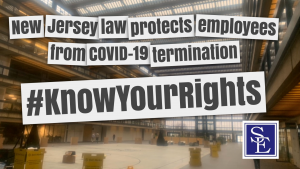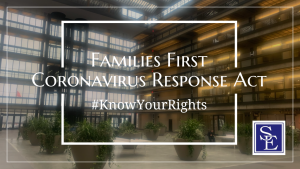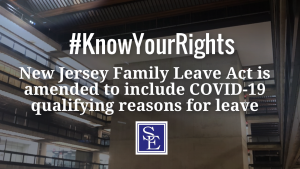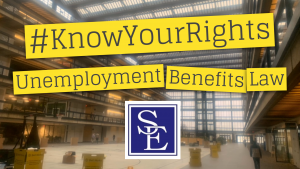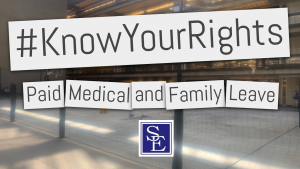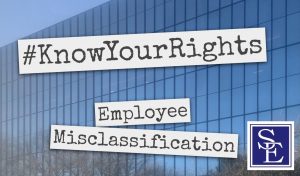On June 5, 2020, new federal legislation was introduced that would protect family caregivers from workplace discrimination. Introduced by United States Senator Cory Booker (D-NJ), the Protecting Family Caregivers from Discrimination Act would make it unlawful for an employer to (1) fail or refuse to hire an applicant because of the family caregiver responsibilities of the applicant; or (2) take adverse action or otherwise discriminate against an employee with respect to compensation, terms, conditions, or privileges of employment because of the family caregiver responsibilities of the employee. The proposed law would also make it unlawful for an employer to interfere with or restrain the employee from exercising his or her rights under the act, and to retaliate against an employee for seeking enforcement of these protections.
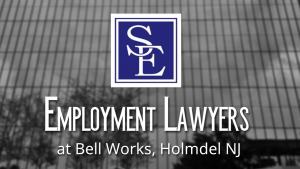 The Protecting Family Caregivers from Discrimination Act would be enforced by the Equal Employment Opportunity Commission (“EEOC”), and violations would requireproof of disparate treatment by an employer or the disparate impact of an employer’s policies on a caregiver employee. An employee alleging discrimination under this Bill would have a private right of action against his or her employer without being required to file a charge through the EEOC or exhaust any other administrative remedies first.
The Protecting Family Caregivers from Discrimination Act would be enforced by the Equal Employment Opportunity Commission (“EEOC”), and violations would requireproof of disparate treatment by an employer or the disparate impact of an employer’s policies on a caregiver employee. An employee alleging discrimination under this Bill would have a private right of action against his or her employer without being required to file a charge through the EEOC or exhaust any other administrative remedies first.
Primary caregiver discrimination has long been an inadequately addressed problem in our work force, with advocacy groups, research centers, and legal projects fighting for appropriate protections for decades. This legislation is supported and endorsed by many of those groups, including the Center for WorkLife Law, National Employment Law Project, the National Alliance for Caregiving, the Caregiver Action Network, Caring Across Generations, the National Women’s Law Center, A Better Balance, National Partnership for Women & Families, The Arc of the United States, and the National Domestic Workers Alliance.According to a report from the Center for WorkLife Law at the University of California-Hastings, the number of employees reporting caregiver discrimination in the workplace increased almost four-fold from 2005 to 2015. The Center for WorkLife Law also reports that 60% of caregiver employees suffer retaliatory action from employers for having family responsibilities, including reduced hours and negative performance reviews. As of 2020, the American Association of Retired Persons (AARP) found that 53 million Americans care for their dependent family members and 61% of them do so while working at a full-time job.
 New Jersey Employment Lawyers Blog
New Jersey Employment Lawyers Blog



